JANET LOVERSEED |
| When I ask myself why I write I give myself a number of answers. Not all of them are pleasing or satisfactory but they always occur to me so I shall list them. I write: Because I’m better at writing than at anything else. (Discouraged in maths and music I turned to the measures and harmonies of language.) Because my poems are all that I can give to the world. (The world has plenty of poems already.) Because when I feel alone I see writing as a way of connecting with people, making them laugh, cry, empathize. (My writing may be rejected.) Because I’m seeking immortality: when my life is done my poems live on. (But nothing lasts forever.) Because I’m a reader and reading and writing go together. (Sometimes.) Because I want to make worthwhile discoveries about myself and others. (Possible only if I write with the clear-eyed honesty that distinguishes the thoughts and feelings I really have from those I would like to have or think I should have.) Because by nature I’m more of an observer of life than a participant in it. (If, in my company, you fall and are injured I’ll think of how I’ll describe the incident before I think of how to raise you and staunch the flow of your blood. I’m afraid this is the famous sliver of ice in the heart of the writer.) This last reason may also go some way towards explaining not just my writing but my writer’s block, something I’ve been experiencing since becoming carer to my partner who has an advanced cancer. My block may, of course, be simply due to tiredness and limited energy-levels, but might it not also be that life has taken over from art and observation, and that the sliver of ice has melted? I can’t be sure. Nor can I be sure that this state of my creativity is permanent. One day, perhaps, I may find myself writing the kind of poems which are emotion recollected in tranquility, or exploring life through fictional characters again, like my Headless Man or Ježibaba. Who knows? Janet Loverseed’s poems, Dancing with a Headless Man and Ježibaba are in her collection, Ježibaba, which was published by Dempsey & Windle in 2020 |
0 Comments
JEREMY LOYNES
Why I Write
| Hand upon my shoulder There’s a hand upon my shoulder, there are voices in my ear. While I grow older, ever older, they still echo down the years. There’s a hand upon my shoulder, there are voices in my ear. Although the trail grows colder, colder, I still hear them, drawing near. There’s a hand upon my shoulder, there are voices in my ear. Still the embers smoulder, smoulder: all the fires that once burned fierce. Jeremy Loynes is the author of Turning |
Sue Wallace Shaddad
WHY I WRITE
| I have a poem I wrote aged twelve and several as a student when I was finding out about relationships. During my career, I only wrote poems occasionally but the desire to write stayed with me. In 2014, to mark my retirement and to put a stake in the ground, I produced a pamphlet ‘A Working Life’. Since then, I have devoted much of my time to poetry, achieving an MA from Newcastle University/ Poetry School London in 2020. I have always enjoyed compressing feelings into words. I tend to write very quickly in pencil in a notepad. This could be in response to something I have seen, an art work or an aspect of a relationship. I write straight into lines. I find this much more natural than starting with freewriting When typing up the text I make improvements to the first draft and might well decide on the likely form. I typically write in tercets, quatrains or couplets but do also try out other forms. Usually, a poem will rest for a few weeks and I will get feedback from one of the poetry groups I attend. Reading at open mics helps test out the poems too. I know I need to discipline myself more – make more exciting language choices and deepen my thought processes. It is often easy just to be satisfied with the initial thinking, without pushing myself further. Dempsey and Windle published my short collection of poems about Sudan, ‘A City Waking Up’ in 2020. The poems are a distillation of years of memories of visits to Sudan to see my family; most of them were written there in 2016 and I checked detail of language and customs with relatives. I spent several years getting the poems peer reviewed one by one so it was a real labour of love. I have a particular interest in ekphrastic poetry as I come from a Scottish artistic family and this feels a way of carrying on the tradition, but in the form of words. I have enjoyed collaborating with a local artist and also with a photographer. Recently, I have started creating a collection about portraits of women and portraits by women artists. I have discovered that a collection is much more complex to create than a pamphlet, but it is an exciting project which is pushing me to write more and hopefully better poems. Sue Wallace-Shaddad Read more about Sue's work here: https://womensliteracysudan.blog/2022/03/13/a-city-waking-up/ |
TONY EARNSHAW
Why I Write
| I have a quote pinned to my wall which says ‘Writing is not a job nor a hobby. It’s an addiction without a cure’. (Gill Adams). This is, appropriately, part of a rejection postcard from the BBC Writers Room. So I write. Poems, plays, novels, blogs. The odd lyric. Maybe a story. Writing can be a response to a commission, but often I just write. Sometimes I submit for publication, sometimes I publish myself, sometimes I just share the work. The main thing is to write. As a playwright who is also a poet, I have found a role in community theatre, writing promenade pieces with sketch, poetry, story and song intertwined. Building a story with an arc, consisting of lots of short pieces and plenty of opportunity for audience participation can be very fulfilling. Knowing that the community aspect of the project builds relationships, builds skills and self-esteem, and increases well-being is an added bonus. My inspiration can come from other writers, from a niggling rhythm or a desire to express a feeling, make or explore an argument, record an experience or a memory. The form can vary. I’m happy to be guided by the muse. The theatre company I co-run aims to entertain, provoke and inspire. If all my writing could do that, I’d be happy. Poetry can feel more personal than other forms of writing, more self-revealing, and that is, I think, one of the strengths of the form. It can be hard work, struggling for the right word or phrase, cutting out favoured lines – ‘killing your babies’ as someone put it. But it can also flow with ease and emerge close to its final shape. You never know until you put pen to paper, or fingers to keyboard. I do both. How regular a writer am I? I write a blog on a fairly regular basis which can sometimes consist of, or include, a poem or can be prose. It keeps the juices flowing. I write poetry and for theatre more spasmodically, not least since the theatre company demands a lot of admin time. Creativity can’t be submerged though. Poems emerge! My work is available from Dempsey and Windle (Paths and Digressions 2021) and from my own website – I have a novel out as well as older collections of poetry. More insight into my theatrical work can be found on the Damn Cheek website. www.tonyearnshaw.co.uk www.damncheek.co.uk Tony Earnshaw's Paths and Digressions is available here |
DEREK ADAMS
Why I Write
| Because I have to, sometimes an idea comes into my head and it rattles around till it just has to be written down. I don’t know at the start of a poem where it is going to take me. Othertimes I use poetry as a way of exploring the world and people around me, of trying to understand something I may have read or seen. For instance I once read an item in a newspaper about a man who built his own guillotine and then committed suicide using it! This started me thinking about him obtaining the materials and building it in his house, how long it took and what his thought processes might have been. This led to me exploring these ideas through a poem. My book Exposure: Snapshot from the life of Lee Miller, came about due to my fascination, some (my wife for one) would say obsession with the American born photographer Lee Miller. My attempt to produce a sort of biography through poems was really my way of discovering what made her tick. I used poems to look at Lee Miller through the eyes of people that knew her and to try and see the world through her eyes and camera. By trying in my head to put myself in her shoes and look at the events and people that shaped her life and the world around her, these poems helped me to get a better understanding of what made her become the remarkable woman that she was. I did lots of research for the book, not just into facts about Lee Miller, but into historical information and social mores of the times that she lived through. I looked at reviews of art exhibitions, the treatment of gonorrhoea in 1914, the geology of the Sahara, the prevalent attitudes to sex and those that rebelled against the norm. I read WW2 MI5 documents about Lee, autobiographies of other WW2 photographers, Lee’s reports, letters and telegrams from the front. I read surrealist manifestos, post-feminist books about female surrealist of the twenties and thirties; about the surrealist group in Cairo and the anti modern art stance of the authorities there. I read about photographic techniques and catalogues of camera equipment available at the time. I read autobiographies of Lee’s friends, lovers and rivals. Most of this information didn’t make its way directly into the book, but it filtered through my brain and informed the poems. Lee was a woman who took every opportunity life offered to her, and if the opportunities weren’t offered she’d make them for herself. My writing allowed me to explore her strengths and her vulnerability, the trauma of her sexual abuse as a child and her suffering from post-traumatic stress disorder after World War Two. Before the book was published I sent a copy of the manuscript the Lee’s son Antony Penrose and was humbled when he wrote back calling it “a perceptive and touching portrait of my mother.” Derek Adams is the author of Exposure – a life in snapshots |
MOIRA ANDREW
Why I Write
| I write because I must. I write to explore emotions, to express frustration — grief, love, joy. After my husband died, I wrote every day, poem after poem. They were raw - even funny at times, but always true. Later they made a book, This year, Next year. I write to bring back memories, to give the dead their voices once again, ‘I could do with a shave, he says rasping his two-day beard’ and I hear his gentle Welsh accent. Poems are true as photographs, sometimes even better. I write to share the funny side of things, like that very first kiss when I fell shattering my new boyfriend’s record collection, That first kiss. And I write to say I love you. Poems beat impersonal Valentine cards any day! My latest collection Imagine a Kiss was published last year by D&W. I write because I must. Moira Andrew's latest collection Imagine a Kiss was published last year by Dempsey & Windle |
RAY POOL
A LIFE IN WRITING
| | My love affair with prose and poetry goes back seven decades, encouraged by visits to a local library and the Concise Oxford Dictionary. My other diversions in the early days were a radio and a piano, encouraging both listening and playing. I discovered a facility to mimic voices and to remember tunes. Later I taught myself to type, which served me well when of working age. I read avidly from Plato to Peter Cheyney, from Enid Blyton to Graham Greene. My fondness for poetry in particular was mainly with the 20th century poets, not forgetting Edward Lear and Ogden Nash, both of whom chimed with my sense of the ridiculous. It has been tempting to overcrowd poems with descriptive vocabulary, but I discovered that it is often better to be concise and economical rather than too florid.I took up photography as a brief career and have always been committed to express myself through that medium. I have recently self published a book of 1960s photographs and followed that up with one of ink sketches based on some of them plus poems on railway themes. My career as a musician has sharpened my awareness of timing and rhythm and I will often use the voices of the famous if it helps give humour to a poem. Experiencing the pandemic lockdown has given impetus I believe to express inner experiences at zoom meetings. Though there is no substitute for a live audience, it has been of great benefit to bring a wider readers and listeners together. My wife Lynn has been a constant support and critic of my work, whenever I have had the humility to involve her. I must also thank Janice and Donall Dempsey who have been so instrumental in the fostering of my efforts. Ray Pool is the author of A History Nailed Down (2017) and Tales of the Unacceptable (2018). |
Richard Hawtree: Why I Write
| When Beowulf and his men arrive in Denmark to help Hrothgar defeat the murderous monster Grendel we read: ‘Stræt wæs stanfah, stig wisode / gumum ætgædere.’ (ll. 320–21a). This sentence from the great early medieval poem Beowulf can be translated: ‘The road was paved, the path guided the men together.’ These words are not celebrated lines from the Anglo-Saxon epic, but they encapsulate what I admire when I read poetry and what I aim for when I write it. They possess a rhythmic balance and linguistic economy reflecting the confidence and purposefulness of those warriors. The men do not simply march along the road, the mysterious stone path itself guides them. To my mind, writing a poem can feel very like walking that road in Beowulf: a path that is absolutely practical and yet somehow magical too. When I write, I’m keen to engage with the literary traditions and languages of the past (those ancient paving stones) but I also want to arrive somewhere new and to take readers or listeners there with me. I don’t expect to reach the radical clarity of George Herbert’s summation of prayer as: ‘The land of spices; something understood’ or the precise simplicity of Sylvia Plath’s opening line in ‘Morning Song’: ‘Love set you going like a fat gold watch.’ Yet the more I read the greater nourishment there will be for the journey. As well as hunting for linguistic clarity in my reading, I try to relish the sheer difficulty of the writing process. I find the act of translating poetry from Latin especially helpful in this struggle. In a wonderful poem by Catullus (68) we hear the sound of a long-awaited lover’s sandal (her ‘arguta … solea’) squeaking on the threshold in language that powerfully combines wit and eroticism. Literary moments like this motivate me to read and write poetry. And now I must return to that stone road. In Beowulf it leads to the hall of Heorot, the poem’s great symbol of light and hope in the face of overwhelming violence and evil. At line 311 the Beowulf-poet says of this hall: ‘lixte se leoma ofer landa fela.’ (‘Its light shone over many lands.’) This is what necessary poetry sounds like. I’m off to read some more. Richard Hawtree is the author of The Night I Spoke Irish in Surrey |
HOW I WRITE
Peter Ualrig Kennedy writes on his work
| What an opportunity to contribute to Janice and Dónall’s new blog, with “no pressure and no deadline”! Sometimes people have indeed asked how do I write a poem. A question for which I have had no ready answer, except to say that when an idea pops into my head, I write it down. No pressure, but the first morning after receiving the invitation, I woke up and grabbed a sheaf of scrap paper – mostly the backs of old envelopes – and wrote down roughly what follows. In my head it seems that I am always speaking to myself, building word pictures, looking for allusions, searching for similes, words tumbling over themselves. Such trains of thought are frequently evanescent, they fade as a dream fades on waking – unless there is pen and paper to hand. Which is exactly what is happening to these present thoughts which I am writing down while they are fresh and new. If I do not write them down, they may disappear, floating away downstream to wherever forgotten thoughts go to, leaving no trace. In trying to describe what happens when I write, I am attempting to make concrete that which may not be something that can be made concrete; in sculpting my thoughts into some semblance of solidity I may be manufacturing a chimera. Is this truly how my thought processes and writing work in practice, or am I making solid a fantasy? Perhaps everybody thinks in this way, but how am I to tell? Perhaps I am a muddle-headed romantic. Perhaps I have been fooling myself that my thoughts and my writings are of some significance when in fact they are the empty droolings of a literary naif. Here begin to crowd in the anxieties, the self-defeating worries that these musings – or more importantly the verses, the stories, the poems that I write – are of little interest, of no merit. Why should anyone wish to read them? Other writers, other poets, I suppose, may feel this way some of the time. Or most of the time. But we still plough on, bringing our words into the lives of others. And here, gentle reader, I can vow solemnly to you that the preceding paragraph has turned out to be almost exactly as I set it down early that morning. A real life demonstration of how it’s done … Peter Ualrig Kennedy is the author of Songs for a Daughter and the lead organiser at POETRY WIVENHOE http://poetrywivenhoe.org |
WHY I WRITE: Kathryn Southworth
| Why I write My mother had a way of finding things dropped, discarded, somehow lost or disregarded – necklaces in the street, sometimes, or rings. I call it rescuing, recognising, making radiant, giving wings, a warming into life, an issuing forth, a birthing, realising when to let go when it truly lives, the flow leading to somewhere else you didn’t know before be it a place, a person, you yourself, the face that meets you every now and then when you pick up a pen. Kathryn Southworth's pamphlet No Man's Land was published by Dempsey & Windle in 2020, and she collaborated with Belinda Singleton on Wavelengths in 2019. |
Author
This is a blog written by Dempsey & Windle poets about their inspiration for writing poetry
Archives
Stephen Claughton
Julie Anne Gilligan
Colin Pink
Sue Johns
Belinda Singleton
Janet Loverseed
Jeremy Loynes
Sue Wallace-Shaddad
Tony Earnshaw
Derek Adams
Moira Andrew
Richard Hawtree
Peter Ualig Kennedy
KathrynSouthworth
Mark G Pennington
Julia Duke
Patrick B. Osada
Greg Freeman
Trisha Broomfield
Heather Moulson
Alison Mace
Dennis Tomlinson
David Bleiman
Paul Surman
Brian Docherty
March 2024
April 2023
July 2022
May 2022
April 2022
March 2022
February 2022
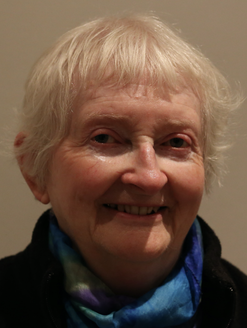
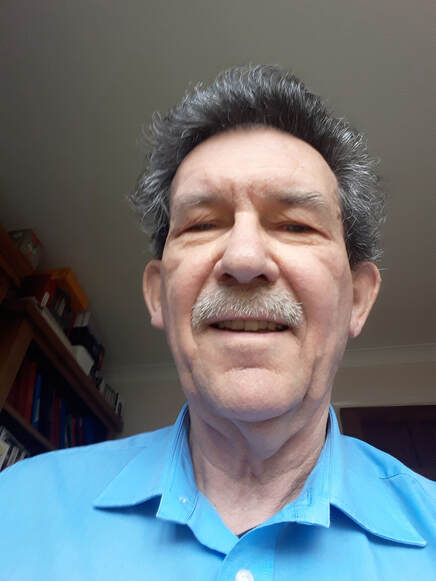
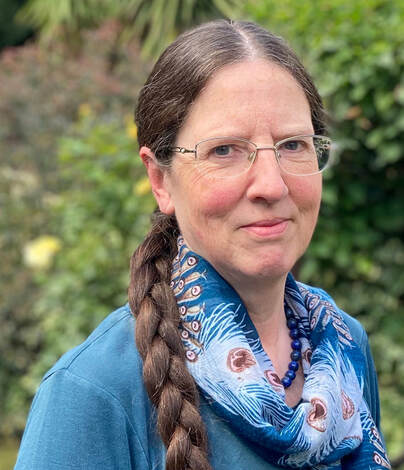
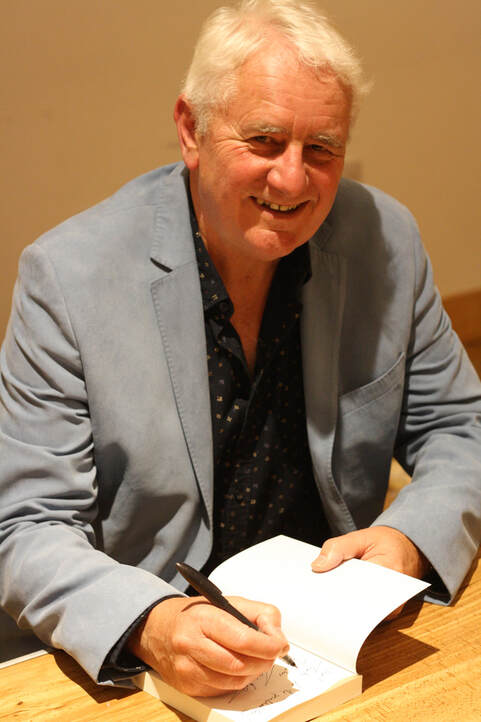
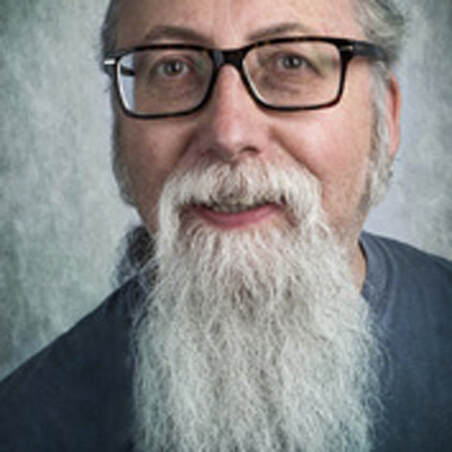
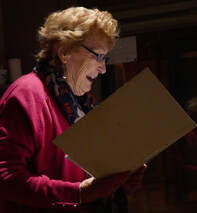
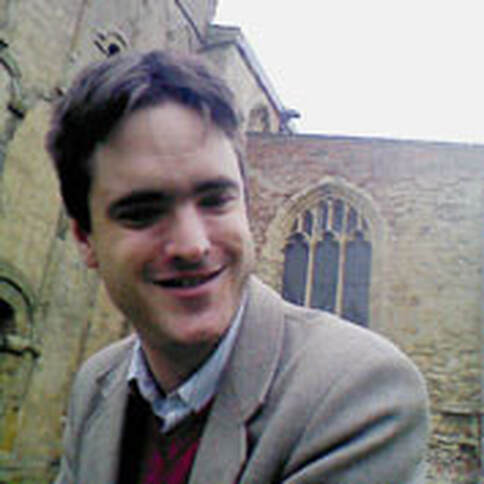
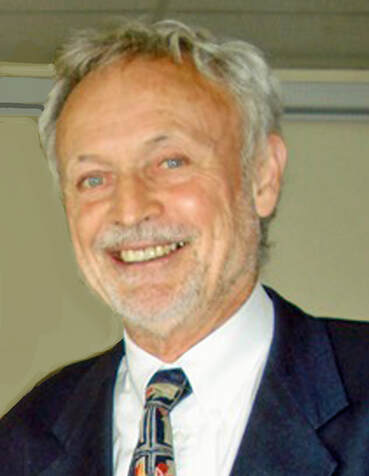
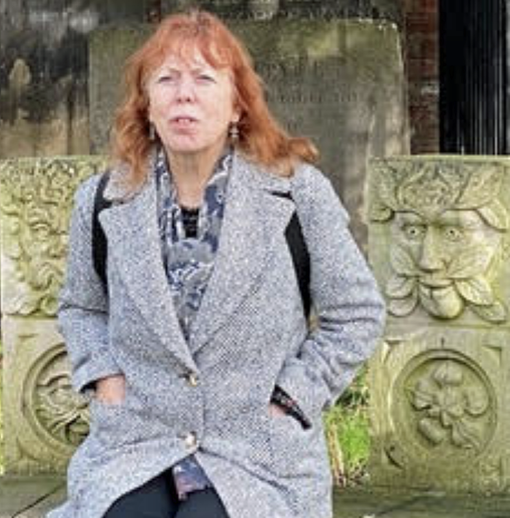
 RSS Feed
RSS Feed
